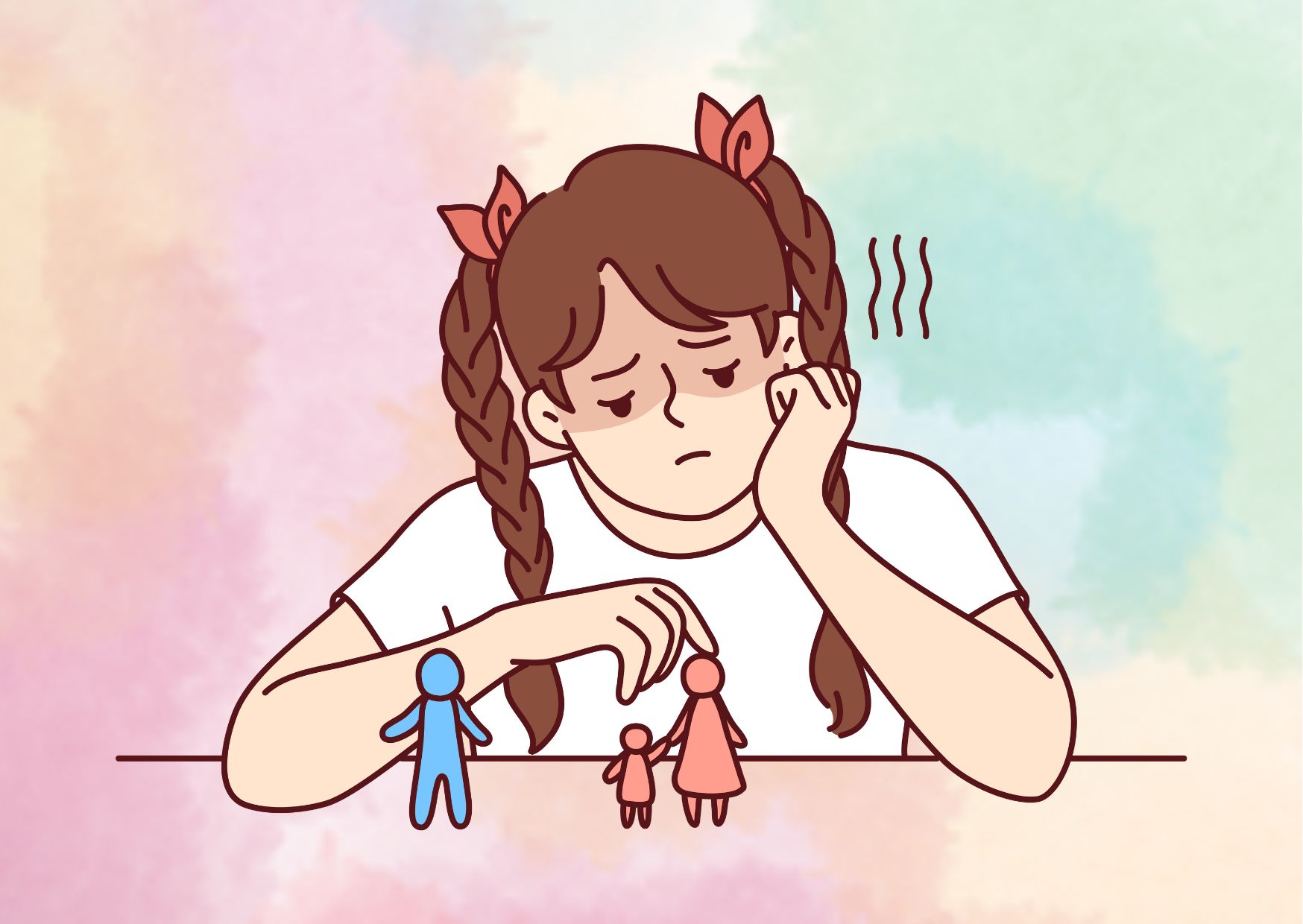High Functioning Autism: Navigating Dating and Relationship Challenges
Navigating the complexities of romantic relationships can be challenging for anyone, but for individuals with high-functioning autism, the journey presents unique obstacles. High-functioning autism, a condition characterized by challenges in social interaction, communication, and repetitive behaviors, adds a distinct layer to the intricate world of love and intimacy.
While individuals with high-functioning autism may crave deep emotional connections and meaningful partnerships, the subtleties of romantic relationships can be intricate to navigate. This article delves into the nuances of dating and maintaining healthy relationships when high-functioning autism is involved, offering insights into understanding emotions, fostering self-awareness, and cultivating empathy – key elements that can pave the way for fulfilling connections.
Understanding Autism and Emotions
Autism Spectrum Disorder (ASD) is characterized by deficits in communication, social interactions, and restricted or repetitive patterns of behavior. One of the core challenges individuals with ASD face is difficulty in processing and communicating emotions, which hinders their ability to achieve successful reciprocal social interactions.
Emotional Expression and Understanding
Individuals with ASD often struggle to express their own emotions and understand the emotions of others. Specific social deficits include:
- Difficulties in expressing emotions
- Challenges in understanding others’ emotional expressions
- Lack of empathy or the ability to share others’ feelings
This inability to interpret emotional cues and respond appropriately can lead to social rejection and hinder the development of meaningful interpersonal relationships.
Developmental Trajectory of Emotional Attunement
The developmental trajectory of emotional attunement in individuals with ASD differs significantly from typically developing individuals. Even in infancy, children with ASD:
- Fail to show typical interest in human faces, preferring inanimate objects instead
- Exhibit weaker automatic mirroring of affective gestures and expressions
- Pay less attention to the negative emotions of others compared to typically developing children
- Display less positive emotion towards social partners
These early deficits in emotional attunement can have long-lasting consequences throughout childhood development.
Joint Attention and Social Referencing
Deficits in joint attention, the ability to share attention with others towards an object or event, are well-documented in individuals with ASD. Children with ASD:
- Exhibit lower levels of joint attention compared to developmentally delayed and typically developing children
- Struggle with specific types of joint attention, such as joint visual attention
- Are less likely to reference another person in confusing or threatening situations, a behavior known as social referencing
These atypical social behaviors are thought to be secondary to impairments in the ability to represent the mental states of others, also known as Theory of Mind (ToM).
Empathy Deficits
Empathy can be categorized into cognitive empathy (understanding another’s perspective) and emotional empathy (emotional response to another’s emotional display). While some individuals with high-functioning ASD may have more advanced cognitive empathy, deficits in identifying emotions in others are still present.
Specific empathy-related deficits include:
- Difficulties in understanding emotional stimuli
- Challenges with intersubjectivity (shared understanding)
- Impairments in reflecting affect (mirroring emotions)
These deficits in emotional empathy can greatly impede social functioning and reciprocity in individuals with ASD.
Relationships can be an autistic person’s special interest
For many individuals on the autism spectrum, their intense interests and passions can become a central part of their lives and relationships. These “special interests” are not merely hobbies or passing fascinations but rather all-consuming pursuits that bring immense joy, focus, and self-confidence. While historically viewed as problematic or restrictive, a growing body of research is shedding light on the potential benefits of embracing and integrating these special interests into various aspects of life, including romantic relationships.
The Nature of Special Interests
Special interests are an extremely common characteristic among individuals with autism, with estimates suggesting that 75% to 95% of those on the spectrum have at least one intense focus or fascination. These interests can span a wide range of topics, from conventionally popular subjects like trains, animals, or music to more niche or unconventional areas such as office supplies, natural disasters, or specific historical events.
What sets these interests apart is their depth and intensity. An individual with autism may become completely immersed in their special interest, dedicating significant time and energy to learning every detail, collecting related items, or engaging in activities revolving around their passion. This level of focus and commitment can sometimes lead to conflicts or misunderstandings with family members or peers who may perceive these interests as obsessive or distracting.
The Positive Impact of Special Interests
However, recent research has highlighted the numerous benefits that special interests can provide for individuals with autism. These intense interests have been shown to:
- Build self-confidence and a sense of mastery
- Serve as a coping mechanism for managing emotions and reducing anxiety
- Facilitate social connections with others who share similar interests
- Provide a pathway for developing careers or entrepreneurial pursuits
Moreover, experts are recognizing the value of incorporating special interests into therapies, educational settings, and daily routines. By leveraging these inherent motivations and strengths, individuals with autism may experience improved attention, social interactions, and overall well-being.
Special Interests in Romantic Relationships
In the context of romantic relationships, special interests can play a crucial role in fostering understanding, connection, and mutual respect between partners. For the individual with autism, their special interest may be a source of deep fulfillment and a means of expressing their authentic self.

